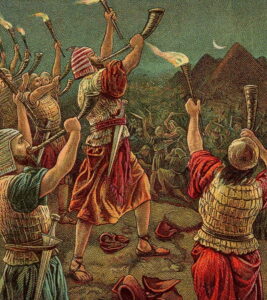Whilst we were busy in the elections, the US has been ratcheting up the escalating tensions in the Hormuz Straits, Iran’s lifeline.
Under the radar but with the connivance of Saudi Arabia and countries in the area, there has been, as the 19th century military strategist, Carl von Clausewitz puts it, a ratcheting up or ‘wechselwirking’ of hostilities – and this during the holy month of Ramadan.
What is Iran to do as its oil exports are being stopped by force of arms? Its restraint is truly remarkable and disciplined but scholars of (or) Iran watchers will testify that the internal dynamics is different and most probably there’s a raging debate between zealots and moderates – the latter holding fast to the restraints.
This reminds me of the restraints that Prophet Muhammad (SAW) had shown when the Quraish barred his access to the Kaabah in his attempt to perform hajj.
There were hotheads or zealots in his midst champing at the bits, waiting for the go ahead. But Prophet Muhammad’s (SAW) restraint was informed by a wisdom that this was a conversation between the Quraish who, as custodians of the Kaabah who disbelieved he was a I pray that the world comes to its senses and the US backs off Prophet, rejected his message, and the forces that Muhammad (SAW) commanded who believed that Muhammad was a Prophet of God and in his message.
The believers had the numbers and the capacity to attack but Prophet Muhammad (SAW) called for and practiced restraints. He, in his wisdom, knew that if he acceded to the zealots, innocent lives would have been lost because there were Muslims in the holy lands and, to use Madeline Albright’s words, it would have led to innocent lives being lost which was otherwise referred to as ‘collateral damages’.
So Iran has that wisdom, I suspect, emulating Prophet Muhammad (SAW). I pray that the world comes to its senses and the US backs off.
Saber Ahmed Jazbhay
Durban


